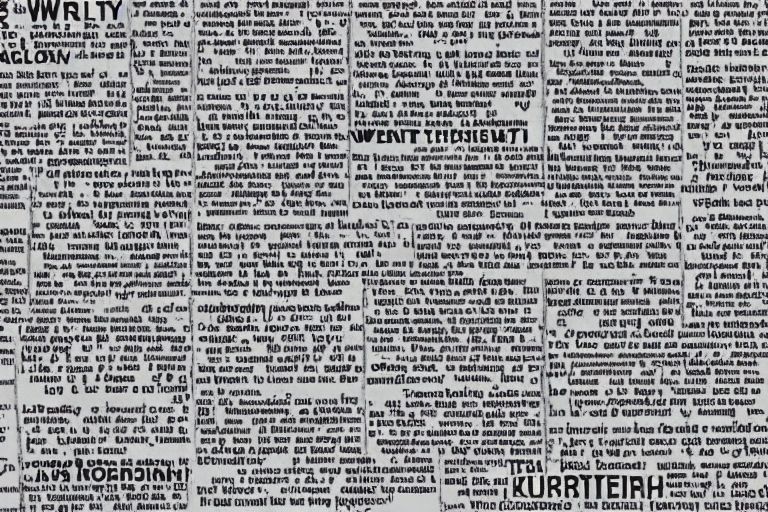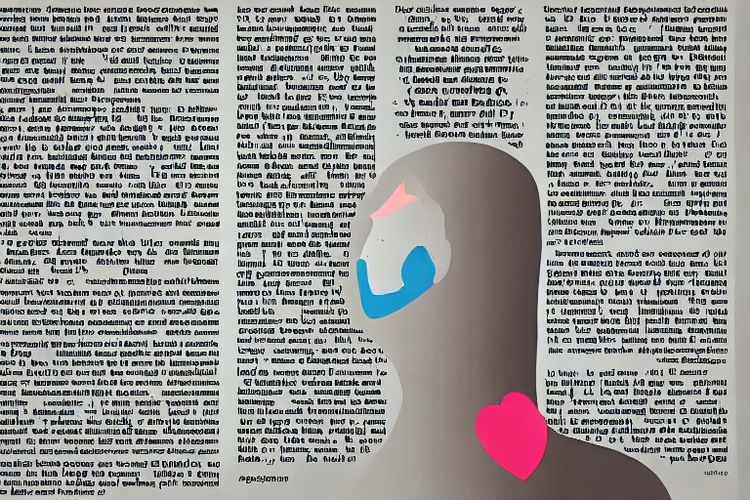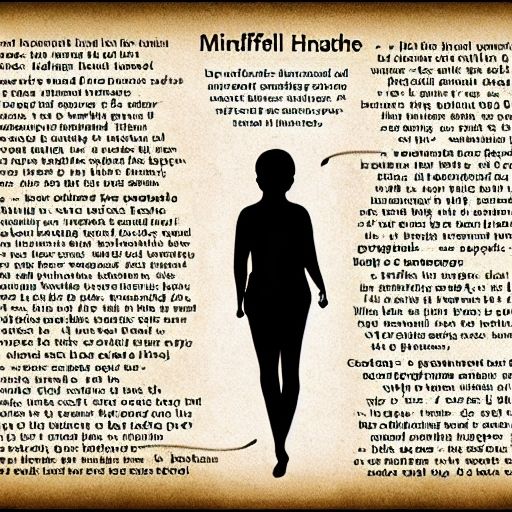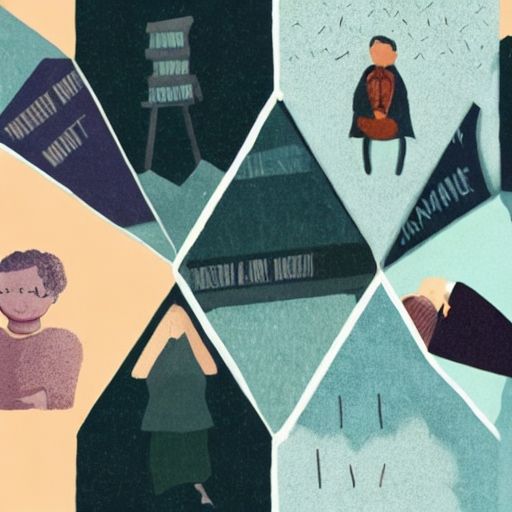The Therapeutic Power of Words: Mental Health Quotes from Literary Giants

The Therapeutic Power of Words: Mental Health Quotes from Literary Giants
In times of struggle, words can offer solace and encouragement. The works of literary giants have long served as a source of inspiration, reflection, and catharsis, with their profound insights often touching on the complexities of the human mind. When it comes to mental health, these authors have left behind a treasure trove of quotes that provide solace, understanding, and hope. These pearls of wisdom remind us of the therapeutic power of words and the profound impact they can have on our mental well-being.
Virginia Woolf, the renowned British writer and one of the pioneers of modernist literature, struggled with various mental health issues throughout her life. Despite her own battles, Woolf believed that the creative process could be instrumental in healing. She famously wrote, “I write to give myself strength. I write to be the characters that I am not. I write to explore all the things I’m afraid of.” This quote speaks to the transformative power of writing, as it allows us to transcend our own struggles and engage with the world in a different way.
Another literary figure whose words resonate deeply is Sylvia Plath, whose hauntingly beautiful poetry delved into the depths of her own mental anguish. In her semi-autobiographical novel, “The Bell Jar,” Plath offers a poignant insight into the isolation that often accompanies mental illness. She writes, “The silence depressed me. It wasn’t the silence of silence. It was my own silence.” This quote encapsulates the struggle of those suffering from mental health issues, emphasizing the importance of breaking the silence and seeking support.
For many, the American poet and civil rights activist, Maya Angelou, remains an enduring source of inspiration and wisdom. In her poem “Still I Rise,” Angelou poignantly captures the resilience that lies within all of us, even in the face of adversity. Her empowering words, “You may trod me in the very dirt, but still, like the dust, I’ll rise,” remind individuals struggling with mental health challenges that they possess an indomitable spirit capable of overcoming any obstacle.
Ernest Hemingway, the legendary American writer known for his concise, direct writing style, touched upon the theme of mental health in his novels as well as his personal life. In his novel “A Farewell to Arms,” he wrote, “The world breaks everyone, and afterward, some are strong at the broken places.” These words highlight the idea that despite the inevitable hardships we face, we can find strength and resilience within the very fractures of our being.
These powerful quotes from literary icons are a testimony to the therapeutic power of words. They remind us that we are not alone in our struggles and that literature can serve as a medium for connection and self-expression. Reading these quotes can provide solace, inspiration, and a deeper understanding of our own mental well-being.
The transformative impact of words goes beyond the works of literary giants. Journaling, creative writing, and even engaging in meaningful conversations can be cathartic experiences that help us process our emotions, gain clarity, and foster mental well-being. Writing is therapeutic because it allows us to explore and articulate our innermost thoughts and feelings, offering a sense of release and understanding.
Moreover, the quotes from these literary icons create a sense of community, reminding us that our struggles are not unique and that countless others have traversed similar paths. By recognizing that we are part of a collective journey, we gain strength and optimism, knowing that healing and growth are possible.
In conclusion, the mental health quotes from literary giants are a testament to the therapeutic power of words. They illuminate the struggles, resilience, and wisdom of those who have experienced emotional turmoil. These quotes serve as beacons of hope, guiding us through the darkness, and reminding us that literature is not only a source of entertainment but also a transformative force that can positively impact our mental well-being.



